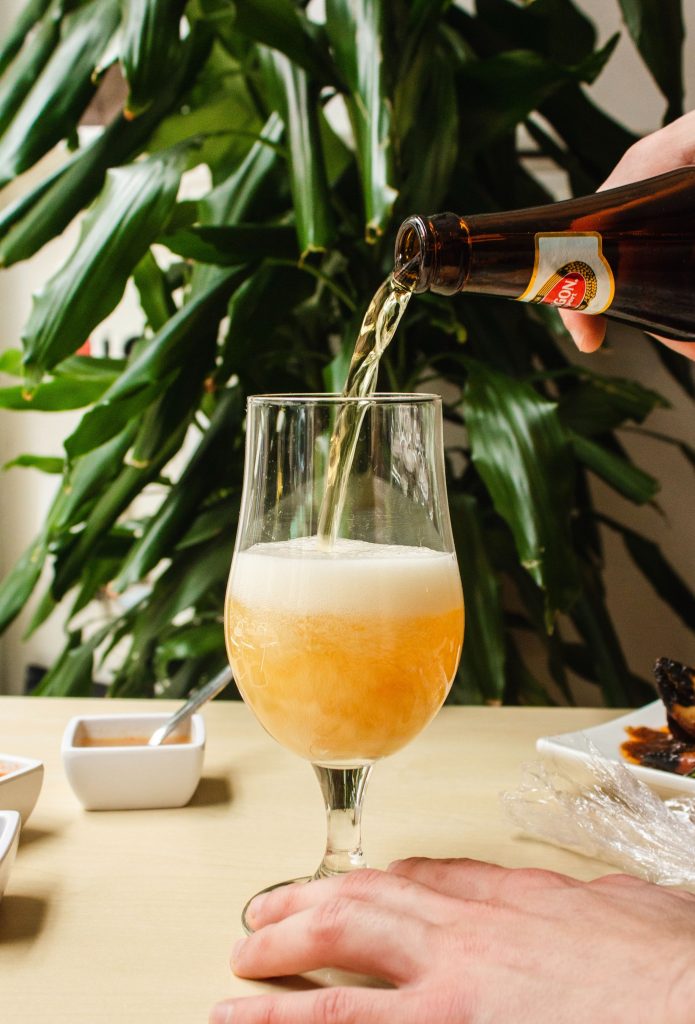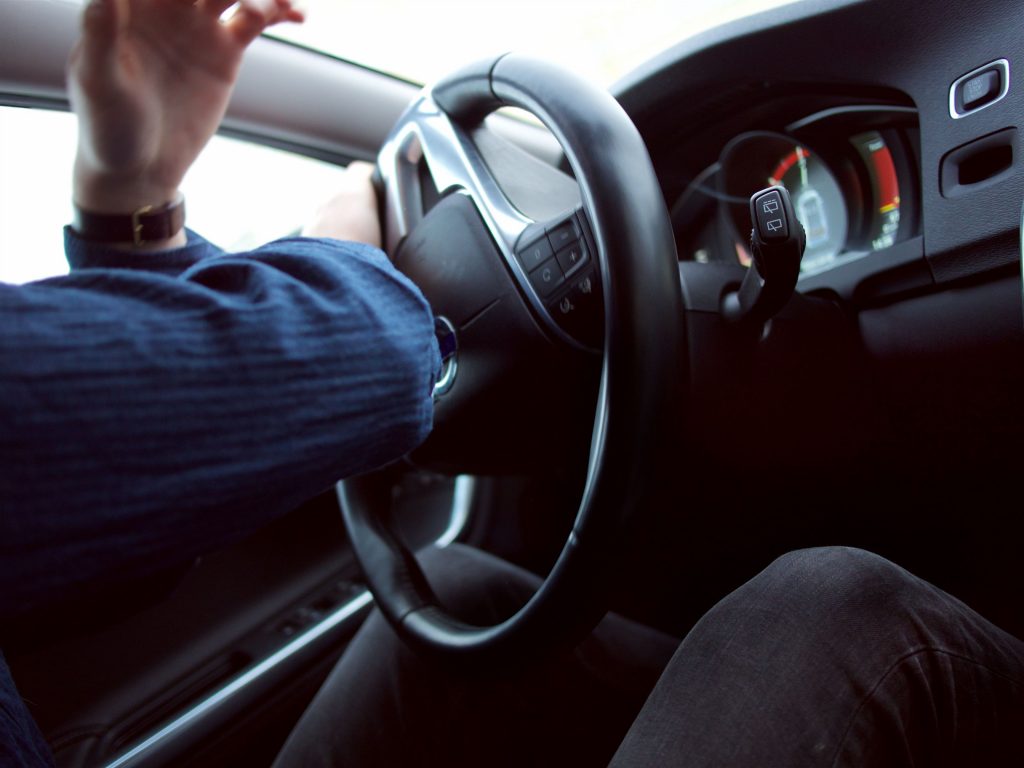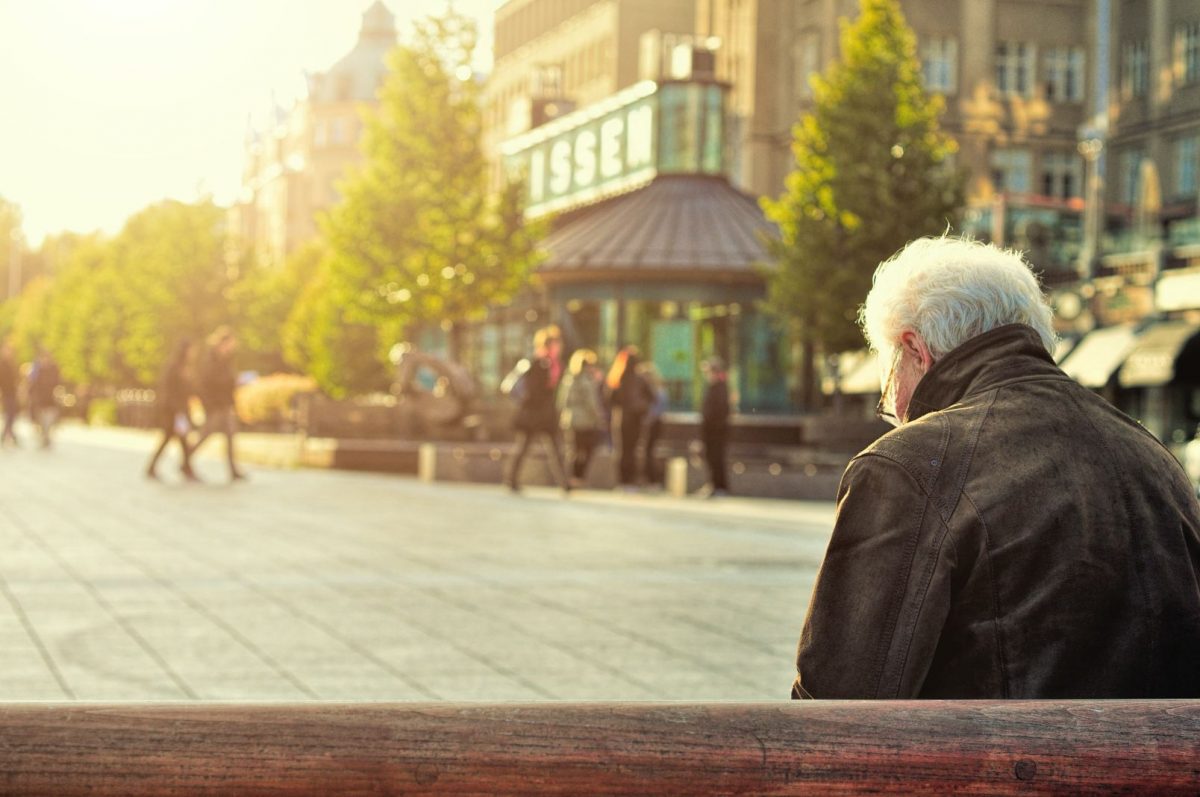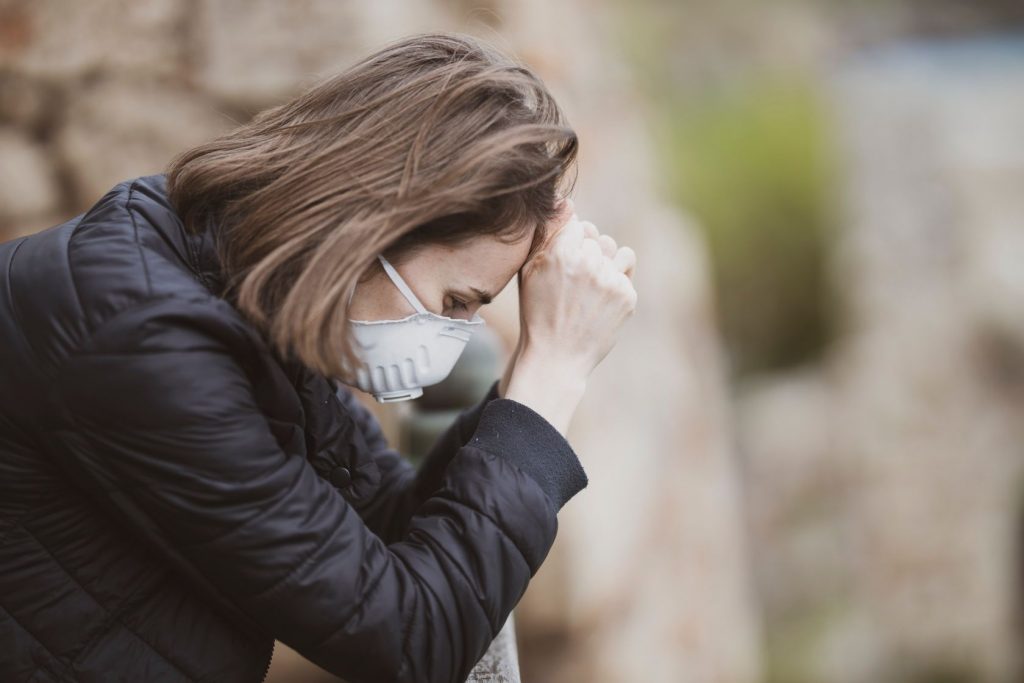People are drinking more than ever. We all know why, of course…the world going into lockdown stressed many people to the point where they turned to alcohol.
What has happened as a result is nothing short of devastating.
If your drinking grew during the pandemic, or you saw it happening with a friend/loved one, here are some things you should know.
The Pandemic Increased Alcohol Consumption Nationwide
A Rand Corporation study in the fall of 2021 found that U.S. alcohol consumption increased 14% compared with before the pandemic. Women, in particular, increased the number of ‘heavy drinking’ days by 41%!
Given this rise, it looks like 1 in 5 people drink more than 4 drinks a week (what’s termed “heavy drinking” by scientific standards). USA Today backs this percentage up.
One in five. A fifth of the whole country. That’s somewhere around 60 million people!
Now, it needs to be said, right up front…Not everyone who started drinking in 2020/2021, or increased their drinking since then, has an alcohol problem.
We’ve had an extraordinarily stressful 2 years – nobody can blame you for wanting some stress relief.
All we’re saying with this post, is that this particular ‘stress relief’ can create problems in your life, hundreds of times worse.
Pandemic Isolation Increased Drinking Habits, but Not Alcohol Treatment
If there’s one thing we’ve seen lure people along the path of alcoholism, it is isolation.
Being alone, cut off from others in any way, magnifies the appeal of drinking. It’s something you control, you understand, and what ‘understands you.’
It’s not surprising that, amidst long stretches of staying at home with no personal interaction from 2020 to today, so many people either began drinking or increased their drinking habits.

The question now is, what do we do about it?
How many of these people will seek treatment for the heavy drinking? If you said, “almost none,” you’d be right. Only 13% of heavy drinkers will seek treatment. Almost all of them will just keep drinking…and suffering the life-destroying effects.
The Damaging Effects an Increase in Drinking Causes
You may have found this post because you’re concerned about your own drinking, or a loved one’s drinking. Either way, thank you for having those concerns. They are valid.
To better understand those concerns, and recommend actions you can take, let’s put alcohol consumption into four levels.
- No Drinking
- Casual Drinking
- Dangerous Drinking
- Addiction
An increase in how much you drink, how often, and/or switching to drinks with higher alcohol content moves you through the levels.
Casual Drinking presents a very limited risk. Millions drink casually with no issues. The point where you transition from Casual to Dangerous however, that’s where you want to watch out.
What happens at this point? You know you’ve moved into a Dangerous Drinking level when you experience these physical & mental effects after drinking:
- A heavy sense of distraction
- Rapid growth in depressed thoughts/feelings
- Inability to work
- Trouble driving
- Poor coordination
- Pain behind the eyes, in the heart, or in the joints
This is the point at which you should stop the drinking and take some action.

However, a bigger danger comes when you pass out of Dangerous Drinking into Addiction. Let’s call this the “Addiction Point.”
This is the point where drinking crosses over from a risky indulgence, to a physical need. Everyone will reach this point at different intervals. It depends on your overall health, frequency of drinks, stress levels, and a few other factors.
In general though, you reach the “Addiction Point” when you find at least two (2) of the following items are true:
- You want to cut back on how much you drink…but find you’re unable to do so.
- You spend more than a quarter of your overall time awake involved in drinking in some way (getting the alcohol, drinking, recovering from alcohol use, etc.)
- You feel a strong craving for alcohol in the mornings.
- You’ve begun missing commitments due to the drinking — work tasks, school deadlines, home care, etc.
- You give up a social activity to drink instead. Could be meeting a friend, an after-work get-together, a hobby you enjoyed pre-pandemic…
- You drink right before, or during, an activity where you know it’s not safe to. Right before driving a car, for instance.
- You realize that ‘one drink’ is no longer enough. You need more to get the same effect.
- You begin experiencing withdrawal symptoms — nausea, sweating, hands shaking — when you don’t drink for a little while.
Please take a moment to think on this. Be honest with yourself. Nobody’s judging here. In fact, we want to help you before you reach an Addiction Point.
How bad can it get? Take a look at this CNN report from March 2022 to see just how bad.
Deaths related to alcohol jumped over 25% in the first year of the pandemic. They kept going up in 2021 as well. That’s enormous—and it represents thousands of people dying.
The deaths appeared to include:
- Organ failures
- Opioid overdoses
- Alcohol poisoning
- Car crashes while under the influence
This is real. It’s happening right now. And it will continue, unless we make an effort to reduce pandemic-induced drinking.
How to Stop the Drinking Before it Gets Worse
If you’ve reached the “Addiction Point,” please call a treatment center for help. It’s the best chance you have of breaking the cycle and reclaiming your life.
If you haven’t reached this point yet, you can turn it around. Take action now to help yourself. Here’s some options—all free or low cost.
- Get outside. Take regular walks in the sun. Fresh air and sunlight really do help to lift the mood.
- Try a non-alcoholic drink. Instead of reaching for the alcoholic bottle, grab some sparkling water, juice, or iced tea.
- Meet with friends.
- Review your diet. Are you eating things like fried chicken and pizza all the time? Try adding in healthier foods instead—fresh vegetables, healthy proteins, and so on.
- Talk to a counselor. This can be a private counselor, a religious figure, your doctor, or even a trusted friend. Talk about whatever bothers you, what you’re doing, how you’re feeling…everything that comes to mind. The more you can talk it out, the more good you’ll do for yourself.
- Some health insurance policies include counseling. Call your provider and ask.
- If nothing seems to work, then call a treatment center. Even if you’re certain you don’t have an addiction problem, a modified treatment program can still help you.
Don’t Let Lockdown-Induced Drinking Damage Your Future
Many saw drinking as an escape during the lockdowns. Perhaps it was, for a time. But alcohol slithers into our lives and doesn’t leave without a fight.
If you read this post, then you’re concerned on some level. Good. Please take action to help yourself, or your loved one, right away.




